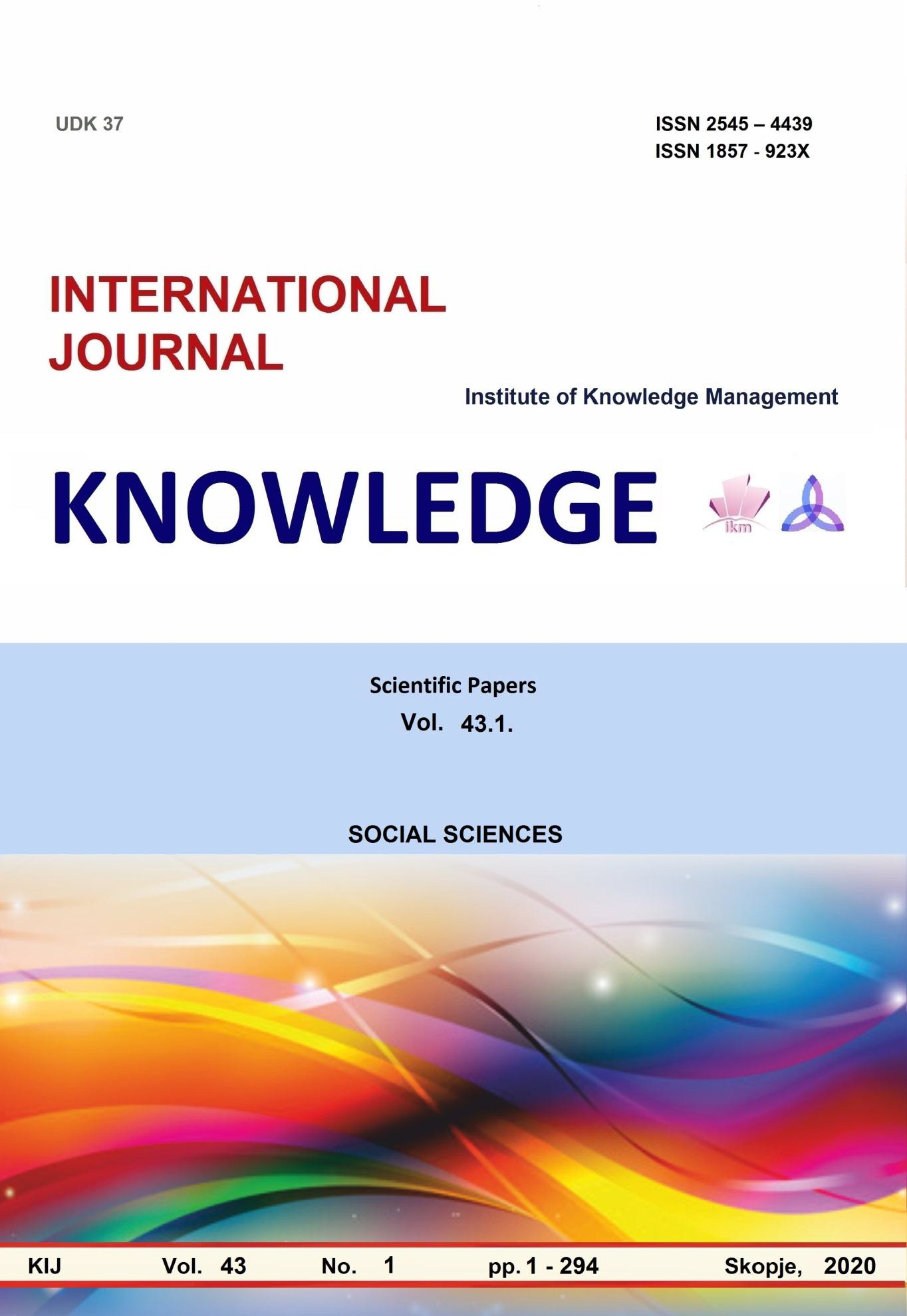FROM A CRISIS OF CONFIDENCE TO EFFECTIVE CRISIS MANAGEMENT IN THE PUBLIC ADMINISTRATION
FROM A CRISIS OF CONFIDENCE TO EFFECTIVE CRISIS MANAGEMENT IN THE PUBLIC ADMINISTRATION
Author(s): Valentin VasilevSubject(s): Social Sciences
Published by: Scientific Institute of Management and Knowledge
Keywords: crisis; management; public sector; changes; resistance to change; security
Summary/Abstract: The general dissatisfaction with the functioning of the public sector has caused a gradual need for reforms in the public administration and, above all, for effective public management, aimed at finding tools for effective change management and adequate response to crisis situations. In such a context, this process is undoubtedly linked to the current situation and the crisis of confidence in the public sector, as well as to the ongoing efforts of global governance in search of solutions to increase security in various areas of social and economic life are challenges of a new kind. The study presents the author's vision for balanced change management, focusing on the search for innovative solutions aimed at specific and focused goals and goal setting. Why is there talk of a crisis of confidence in public sector governance worldwide? What are the challenges associated with this growing trend? Undoubtedly, the public sector is making serious efforts of focused management in the search for solutions in the field of increasing security in various areas of social and economic life which are challenges of the new era. And more. How can governments tackle long-standing problems and innovate using next-generation solutions - such as artificial intelligence and automation - in pragmatic and risk-taking ways? The digital revolution in the public sector is just beginning and can help governments be more innovative to improve the experience of citizens, better engage employees and achieve a step change in operational efficiency and effectiveness. Authoritative research and analysis reveals that artificial intelligence has the potential to achieve additional global economic activity of about $ 13 trillion by 2030, or about 16 percent higher cumulative GDP than today. In addition, we believe that automation alone can increase global productivity growth by 0.8 to 1.4 percent per year.
Journal: Knowledge - International Journal
- Issue Year: 43/2020
- Issue No: 1
- Page Range: 229 - 232
- Page Count: 4
- Language: English

